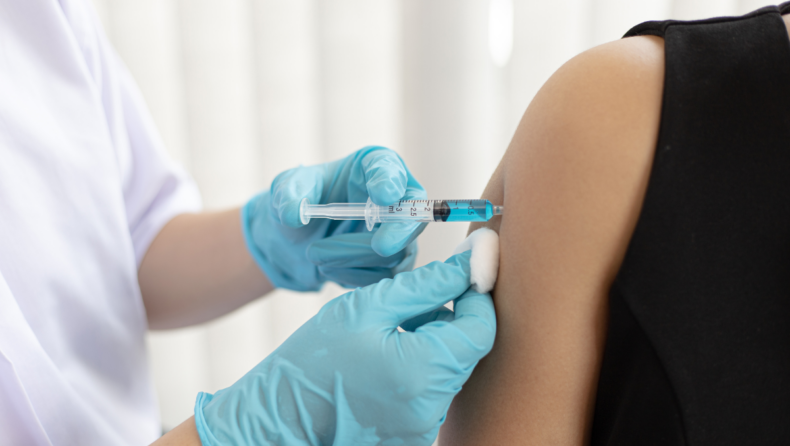The Indian medical community is hopeful that the vaccine against cervical cancer will significantly improve survival rates. The Drugs Controller General of India (DCGI) has approved the first ‘Made in India’ quadrivalent Human Papilloma Virus (qHPV) vaccine, and its distribution has begun. This is excellent news for women, who will now be able to receive protection against cervical cancer, one of the most common diseases affecting women.
Vaccination trials were conducted in 2018 across various cities in India. With the support of the Department of Biotechnology, SII was able to complete phase two and the requisite clinical trials, and now the company’s director of government and regulatory affairs has signed off on authorization and given the market license to produce the vaccine. The Minister of Science and Technology was slated to formally unveil it at the IIC Delhi.
The Serum Institute of India is among the world’s leading producers of Vaccines
More than 1.5 billion doses of vaccines, including the polio vaccine, diphtheria, tetanus, pertussis, Hib, BCG, r-hepatitis B, measles, mumps, and rubella vaccines, as well as pneumococcal and covid-19 vaccines, have been produced and sold by the Serum Institute of India in Pune, India, making it the largest vaccine manufacturer in the world.
Why the vaccine against cervical cancer developed by India’s Serum Institute is considered revolutionary?
According to the application submitted to the DCGI, this novel vaccine against cervical cancer causes an antibody response that is at least a thousand times stronger than baseline, which is an intriguing finding. It is age- and dose-independent, although the reaction is directed against the most common HPV strains.
Cervavac is India’s first cervical cancer vaccine that was produced by Indian researchers and is effective against the human papillomavirus (HPV). Medical professionals are optimistic that the vaccine will considerably reduce the number of deaths caused by the disease. It is estimated that over 60,000 women in this country lose their lives to cervical cancer each year. The Human Papillomavirus (HPV) is responsible for more than 95% of all incidences of cervical cancer.
By the end of this year, it is anticipated that Cervavac will be ready for production in large quantities. It is possible to avoid developing cervical cancer, and most western nations have already done so through the implementation of screening programs and immunization policies. On the other hand, comparable approaches have not been successful in India, particularly due to the prohibitive cost of currently available vaccines. Merck and GlaxoSmithKline are the companies responsible for producing the vaccines that are currently available in India.
The development of a locally produced vaccine has the potential to provide a significant boost to efforts in India to screen women for cervical cancer and immunize them against the disease, according to medical professionals. According to recent reports, the Cervavac vaccine is effective against at least four distinct types of HPV and will be sold for somewhere between 200 and 400 rupees. In contrast, the cost of the vaccines available now is approximately 3,000 rupees.
According to the data provided by the Ministry of Health and Family Welfare, there are over four lakh cervical cancer patients in the country, making it one of the most common cancers affecting women in India. The screening is recommended every five years according to guidelines established by Indian officials. And because the public health system struggles to handle the cost of gynecological treatments, this vaccine can be a huge help to prevent all the costs related to cancer treatments in particular.
Read More: India’s First Intranasal Covid vaccine gets DGCI approval













